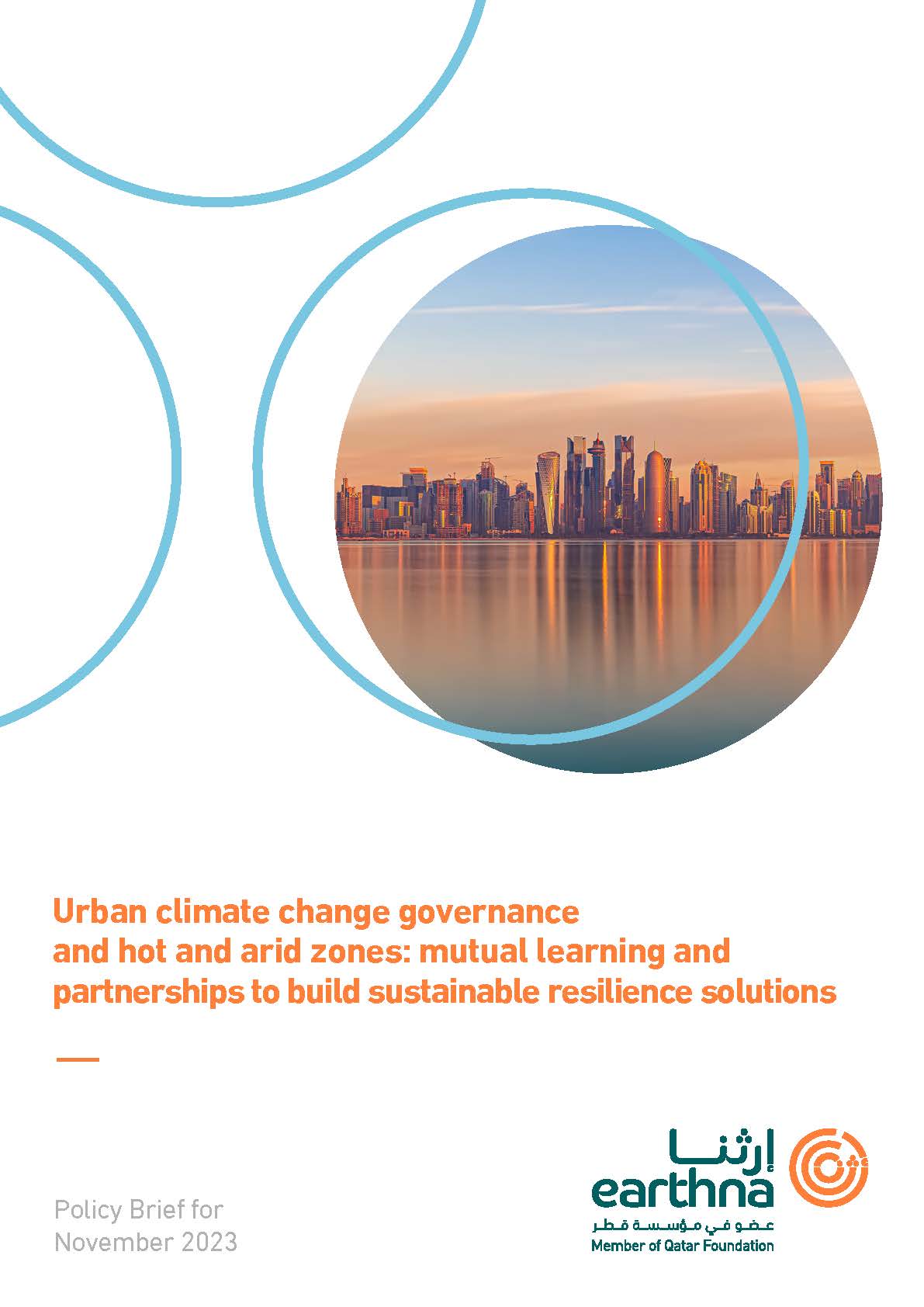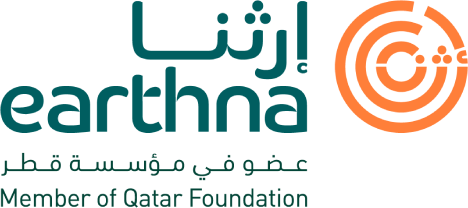
Cities are increasingly perceived as being both more vulnerable to and a key part of the solution to the challenges of climate change, unsustainability and inadequate resilience. However, current city-making policies and methods are not explicitly designed to meet these challenges in a progressively diverse set of contexts. Hot and arid cities face compounded challenges due to the increasingly extreme nature of their environment and the carbon-intense nature of the conventional technologies required to enable cooling solutions, water, and food provision. Nevertheless, cities are also crucial to developing solutions to these challenges, but cities acting alone are generally less effective than working through knowledge and expertise-sharing processes and networks. Different models exist for achieving such objectives at different geographical, socio-cultural and politico-economic scales, as will be highlighted in this Brief.
Given the added stresses faced by hot and arid/semi-arid cities from climate change, a focus on hot and arid cities, which are often overlooked or underrepresented in existing global urban climate governance initiatives and membership organizations, could fill a significant gap and make a valuable contribution by meeting more ambitious emissions reduction targets towards achieving net zero in these challenging climatic zones. Climate and broader environmental change can greatly increase displacement, homelessness, hunger, inequality, poverty, thirst, and overall vulnerability among urban populations in conflict zones within hot and arid or semi-arid regions, as exemplified in recent years in Gaza, Aleppo, Basra, Gaziantep, Mogadishu and Sana’a.
This Policy Brief proposes that the Climate Governance Commission* and Earthna Centre explore the development of mechanisms for city-level partnerships to accelerate the delivery of sustainable and resilient solutions at the regional and/or global scales.
